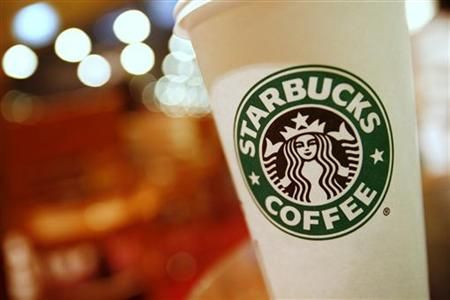Starbucks Will Add 1,500 Stores In The U.S. Next Year, Offer Teavana Products

If Starbucks isn't already ubiquitous, it plans on becoming so.
The coffee chain is expected to announce the addition of 1,500 cafes in the U.S. over the next five years, a 13 percent increase in the number of its American stores, according to the Associated Press.
During the recession, Starbucks closed down 10 percent of its locations and restructured on the corporate level. It brought back Howard Schultz as CEO and focused a keener eye on store placement. The chain didn't blame oversaturation for its struggles, but rather, imprudent planning with poorly placed stores.
With Schultz back at the helm, Starbucks plans to grow the brand to 20,000 cafes worldwide by 2014. It hopes China will supplant Canada as its second-biggest market.
Since Schultz took over, the company reports that its newest cafes are some of its most successful, with sales at individual stores averaging about $1 million per year, above the target of $900,000 per location.
Starbucks chief financial officer Troy Alstead calls it "deepening" the chain's presence in the U.S. . This year, it has purchased the Teavana tea company, which will be the first brand of tea in Starbucks' cafes. The coffee mega chain hopes to build stand-alone Teavana shops across the country which will "do for tea what it [Starbucks] did for coffee," Schultz said.
Starbucks is also expanding its culinary offerings, serving baked goods from La Boulange, a small-San Francisco food chain it acquired this year, at 2,500 locations next year. It's even experimented with serving beer, wine, and chicken skewers during late-hours at appropriate locations.
While business in China and the Americas chugs forward, Starbucks has struggled to gain a foothold in Europe. In the last quarter, European sales figures fell one percent. To reverse the trend, the chain has closed underperforming stores and began licensing its cafes.
© Copyright IBTimes 2025. All rights reserved.





















